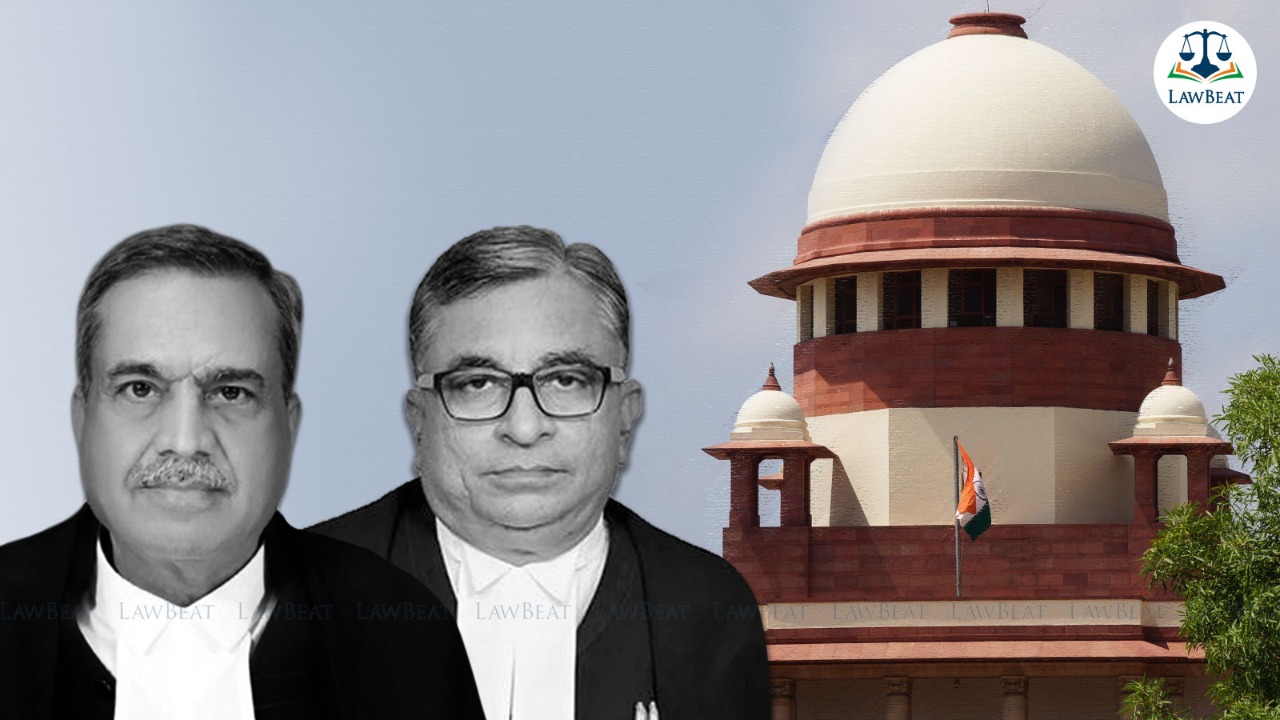Tender making authority must have free hand in setting the terms of tender, reiterates Supreme Court

The court cannot interfere with the terms of the tender prescribed by the Government because it feels that some other terms in the tender would have been fair, wiser, or logical, the bench observed.
The Government/tenderer/tender-making authority must have a free hand in setting the terms of the tender, the Supreme Court held last week.
"....the terms and conditions of the Invitation to Tender are within the domain of the tenderer/tender making authority and are not open to judicial scrutiny, unless they are arbitrary, discriminatory or mala fide. As per the settled position of law, the terms of the Invitation to Tender are not open to judicial scrutiny, the same being in the realm of contract", a bench of Justices MR Shah and Krishna Murari said.
With this view, the Supreme Court set aside the High Court's decision of quashing and setting aside the eligibility criteria/tender conditions mentioned in a Request for Proposal (RFP)/tender for concession of ground handling services issued by the Airport Authority of India (AAI), while exercising the powers under Article 226 of the Constitution of India.
Court also found that in the present case, the AAI had explained before the High Court the rationale behind the respective conditions in the tender.
"Having gone through the respective clauses/conditions which are held to be arbitrary and illegal by the High Court, we are of the opinion that the same cannot be said to be arbitrary and/or mala fide and/or actuated by bias. It was for the AAI to decide its own terms and fix the eligibility criteria", the bench held conclusively.
Relying on the case of Maa Binda Express Carrier vs. North-East Frontier Railway, Court observed that the Government and their undertakings must have a free hand in setting terms of the tender and only if it is arbitrary, discriminatory, mala fide or actuated by bias, the courts would interfere.
Court also noted that the challenge to the tender was made by Centre for Aviation Policy, Safety & Research (CAPSR), claiming to be a non-profit organisation carrying out research, advisory and advocacy in the field of civil aviation by filing a writ petition challenging the tender conditions in the respective RFPs.
In this regard the bench said,
"It is required to be noted that the writ petition before the High Court was not in the nature of Public Interest Litigation. In that view of the matter, it is not appreciable how respondent No.1 – original writ petitioner being an NGO would have any locus standi to maintain the writ petition challenging the tender conditions in the respective RFPs. Respondent No.1 cannot be said to be an "aggrieved party”."
With this view, the Top Court held that the High Court had erred in entertaining the writ petition at the instance of CAPSR challenging the eligibility criteria/tender conditions mentioned in the respective RFPs.
Case Title: Airport Authority of India vs. Centre for Aviation Policy, Safety & Research (CAPSR) & Others
